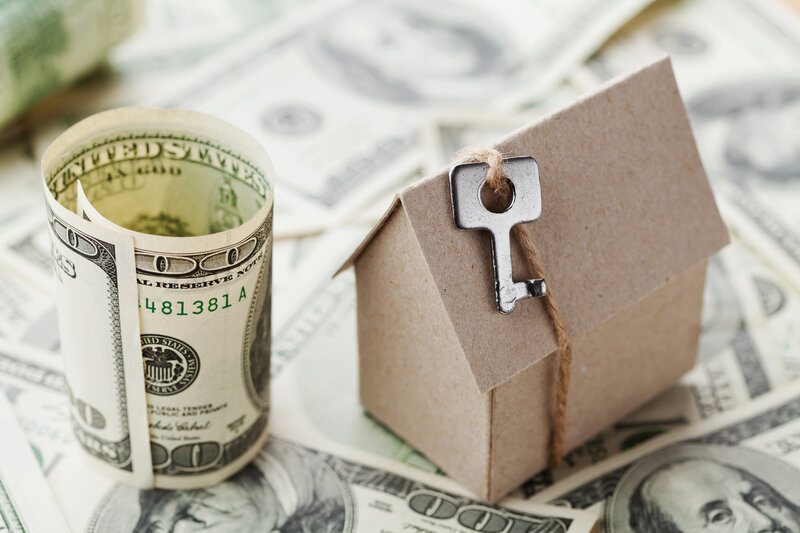
In real estate, especially in fast-paced and competitive markets, access to properties at convenient times is crucial for agents, buyers, and investors. Lock boxes, also known as key safes, have become an indispensable tool for facilitating access while maintaining security and control over who enters a property. Whether you’re a real estate agent, property manager, or homeowner considering listing your property, understanding lock boxes can greatly enhance the accessibility and security of your property.
What is a Lock Box?
A lock box is a secure, weather-resistant box installed on the property, often attached to the door, a railing, or a sturdy surface nearby. It holds the keys to the property and can only be opened by individuals who have the combination or the appropriate access code. Traditionally, lock boxes used a simple mechanical code, but modern options often include digital and smart lock boxes that can be managed remotely.
Why Are Lock Boxes Important in Real Estate?
- Convenient Access for Showings and Inspections
Lock boxes provide real estate agents with the flexibility to show properties without having to meet the property owner for each visit. Potential buyers, inspectors, or contractors can gain access at scheduled times, making the process smoother and saving time for all parties involved. - Enhanced Security and Control
Lock boxes offer a secure way to manage access. Advanced models allow property managers and agents to track who accessed the property and when, ensuring a higher level of control over who enters. Access codes can often be changed remotely, giving property owners peace of mind that only authorized individuals can enter. - Cost-Effective Solution
For properties that are unoccupied, such as investment properties, homes under renovation, or seasonal rentals, lock boxes save time and reduce the need for multiple keys. They are also a more affordable option compared to re-keying or installing new locks for every new visitor or resident.
Types of Lock Boxes
- Mechanical Lock Boxes: These basic models use a combination code and are ideal for locations without internet access.
- Digital Lock Boxes: These advanced models connect to Wi-Fi or Bluetooth, allowing remote access control and the ability to monitor activity.
- Smart Lock Boxes: Equipped with features like app integration, activity logs, and temporary access codes, these are ideal for high-traffic properties that require strict monitoring.
Best Practices for Using Lock Boxes in Real Estate
- Choose a Secure Location
Ensure the lock box is in a location that is visible to visitors but not easily accessible to unauthorized individuals. A front door or a railing near the entrance is common, but choose a spot that balances accessibility with security. - Regularly Update Access Codes
For added security, update the access code after each showing or at regular intervals. This is especially important for high-interest properties or homes in competitive markets where multiple showings are common. - Communicate Clearly with Buyers and Agents
Make sure anyone accessing the lock box knows the access code and follows any specific instructions for closing or resetting it. Clear communication can prevent mishaps, such as leaving the box open or losing the code. - Invest in Quality
Not all lock boxes are created equal. Choose models that are weather-resistant, durable, and from reputable brands. Quality lock boxes provide peace of mind and tend to have better security features. - Regularly Check the Lock Box
Periodically inspect the lock box to ensure it remains functional. Extreme weather, frequent usage, or mechanical issues can affect its security over time. By maintaining the lock box, you reduce the risk of a malfunction when you need it most.
Final Thoughts
Lock boxes streamline the real estate process, ensuring properties are accessible yet secure. For agents and property managers, they simplify property management and provide clients with the convenience of flexible viewing times. As technology advances, modern lock boxes continue to offer smarter, more reliable options, making them an essential tool for anyone involved in real estate.
